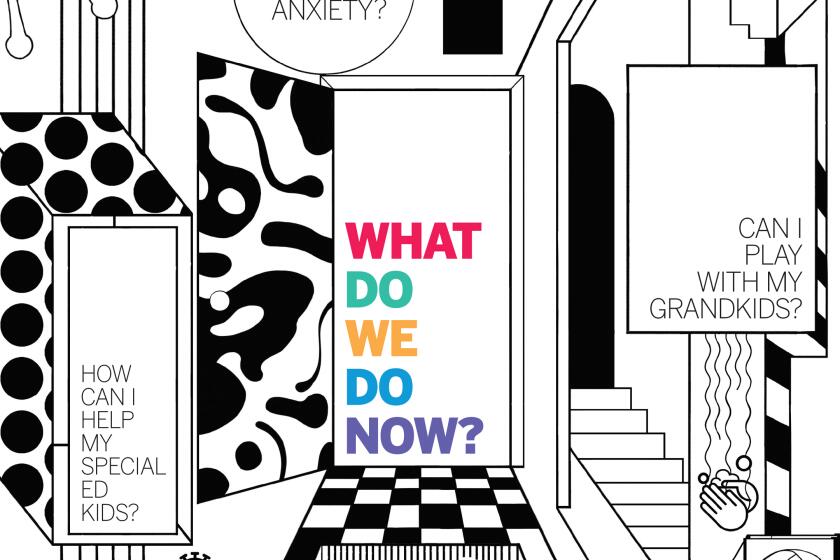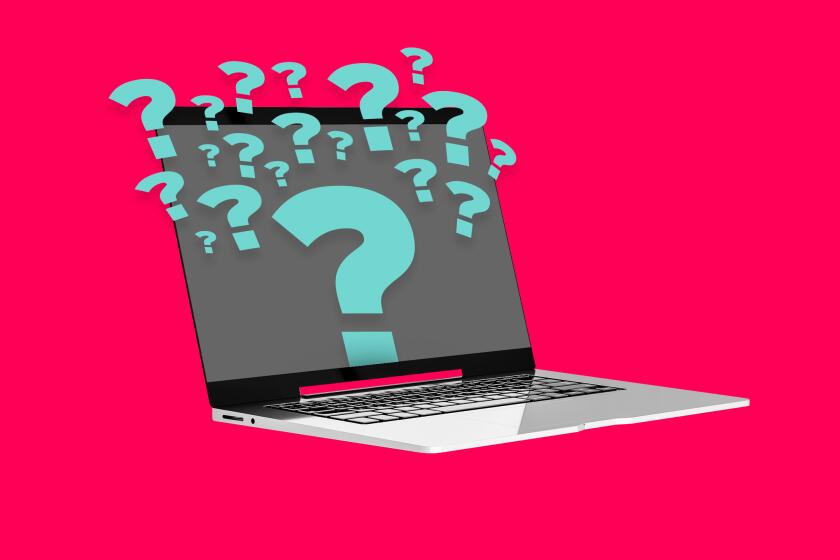Uncertainty is stressing us out right now. 7 ideas for managing it
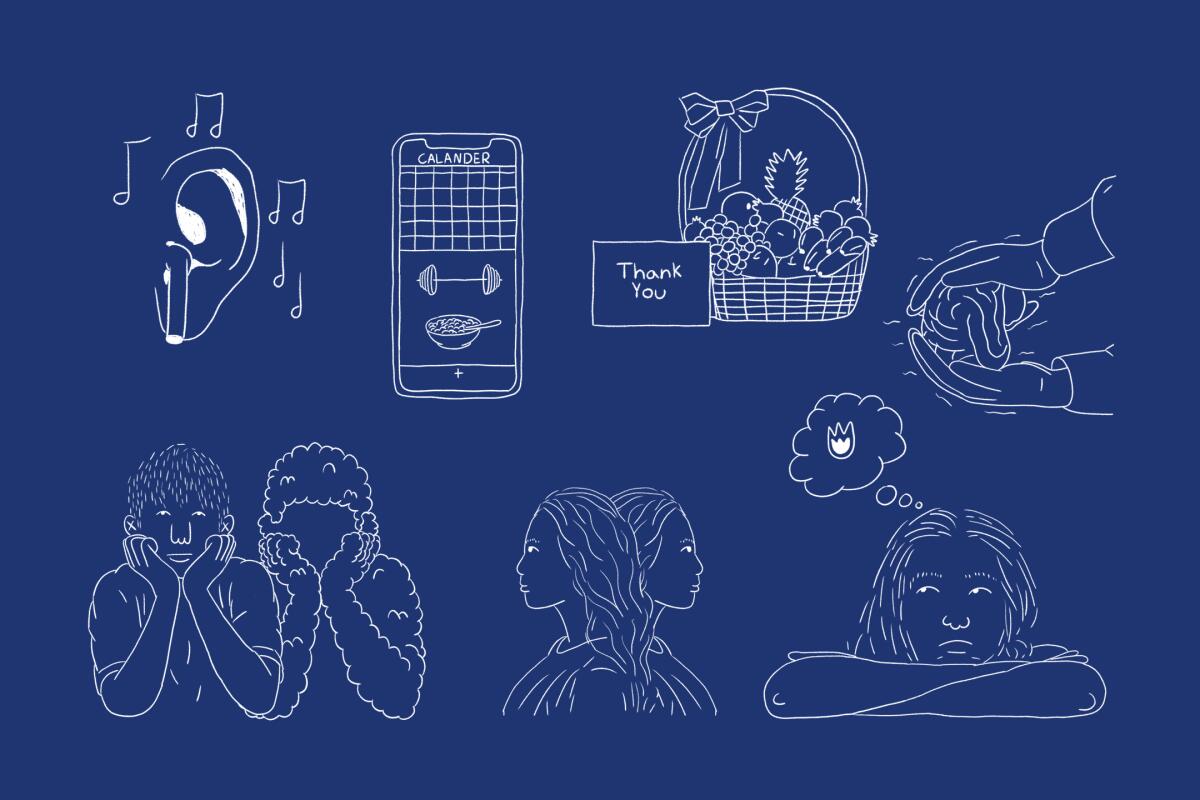
Weâre answering readersâ questions about life during the pandemic, and many have asked: How can I manage my anxiety
The coronavirus pandemic has forced all of us to confront something we all try to avoid: uncertainty. Our routines, schedules and favorite diversions â eating out, sports, socializing with friends, travel â our jobs and very identities have been canceled, leaving us without touchstones to cling to in the face of a scary unknown.
The sense of groundlessness has set off a spike in anxiety. Whatâs going to happen to my health, my job, my family? Is takeout food safe? Will there be a depression? How long will it be before we can return to normal? Coping with existential threats in the fog of so many unknowns is a major challenge for folks programmed to make life predictable and, therefore, more safe.
We asked readers for their most pressing coronavirus questions. The topics included schooling, passports and healthcare. These are answers from experts.
The good news: We are resilient creatures. During a long glacial period between 123,000 to 195,000 years ago, the ancestors of our species were reduced from about 10,000 to a few hundred souls living in caves on the southern coast of Africa. Human beings have survived reversals, recessions and wars. We will get through this too for one simple reason: We always have.
Reframing the fear factory
Humans have the power to manage worries set off by uncertainty by reframing the thoughts that make the fear factory go. We canât control pandemics, but we can manage the stories and false beliefs the brain concocts that drive stress. Itâs the essence of stress management, controlling how we perceive demands, which frees the mind to navigate a healthier course in the here and now.
Studies have found that we get predictions about our emotional responses to future events completely wrong. We overestimate how long the effects of a future bad event will last as well as the emotional intensity we will feel if things go wrong.
Human beings also have a psychological immune system that provides us with more grit and emotional equilibrium than we give ourselves credit for. Studies show that we recover from ordinary setbacks quicker than we think.
The nag of personal uncertainty
We like uncertainty in sports and movies because it creates an excitement that quickly gets resolved at the end of a game or film. Itâs a different story when it comes to personal uncertainty, and itâs worse when the unknown is open-ended, as with the coronavirus.
Tolerating the ambiguity of the unknown or challenging uncertainty through risk is the test mortal beings have to take over and over again. In the original âStar Trekâ TV series, there was an episode in which the aliens of the week had the ability to see the future. One of them looked at the poor earthlings, flying blind in the trial-and-error darkness of homo sapiens, and was incredulous. He couldnât imagine how we could function without knowing the mistakes we were making and what was next. The human premise of not knowing is pretty audacious. Itâs what makes the journey each of us takes an adventure.
In times of uncertainty, our mind unleashes a steady stream of scenarios that might befall us. The brain runs simulations to help us make decisions and cope with dangers. For example, letâs say a project you worked on gets criticized by the boss. Your mind may project that youâre going to get fired.
Sometimes the mental simulation is constructive, say, dreaming of an island vacation. But we are much more prone to negative forecasts, especially when we are in a negative mood, which, in one study, led to an overestimation of future negative events by 74%.
Uncertainty sets off negative simulations, which then produce emotions, such as fear, vulnerability and anxiety. The emotional reactions make us fixate on a catastrophic thought and ruminate about it continuously. That locks in the false belief and drives even more worrying about what we have no ability to foretell.
Try this experiment: Think about the future when youâre in a good mood. What possibilities arise and how different are they from what comes up when you imagine the future when your mood is low?
The bottom line is that we canât trust our own forecasting or control the timeline of the coronavirus, so we need to focus on what we can do to navigate uncertain times. Here are seven actions you can take to reframe thoughts, shift moods that impact what you think, and increase your perceived control in an out-of-control time.
Seven ways to manage stress

1. Separate yourself from your thoughts. Thoughts are not real; only experience is. Since thoughts are what drive stress, managing them is key. Clinical psychologist Steven Hayes of the University of Nevada, Reno, says thoughts come with words attached. Those words lock us into an illusion that you and the thought are the same. Your brain thinks: âIâm stressed.â Instead, frame it this way: âI am having the thought of being stressed,â Hayes says in his book âGet Out of Your Mind and Into Your Life.â To free yourself from those thoughts, he suggests imagining yourself by a stream with leaves floating down the current. Put each concerning thought on a leaf and let it drift away.
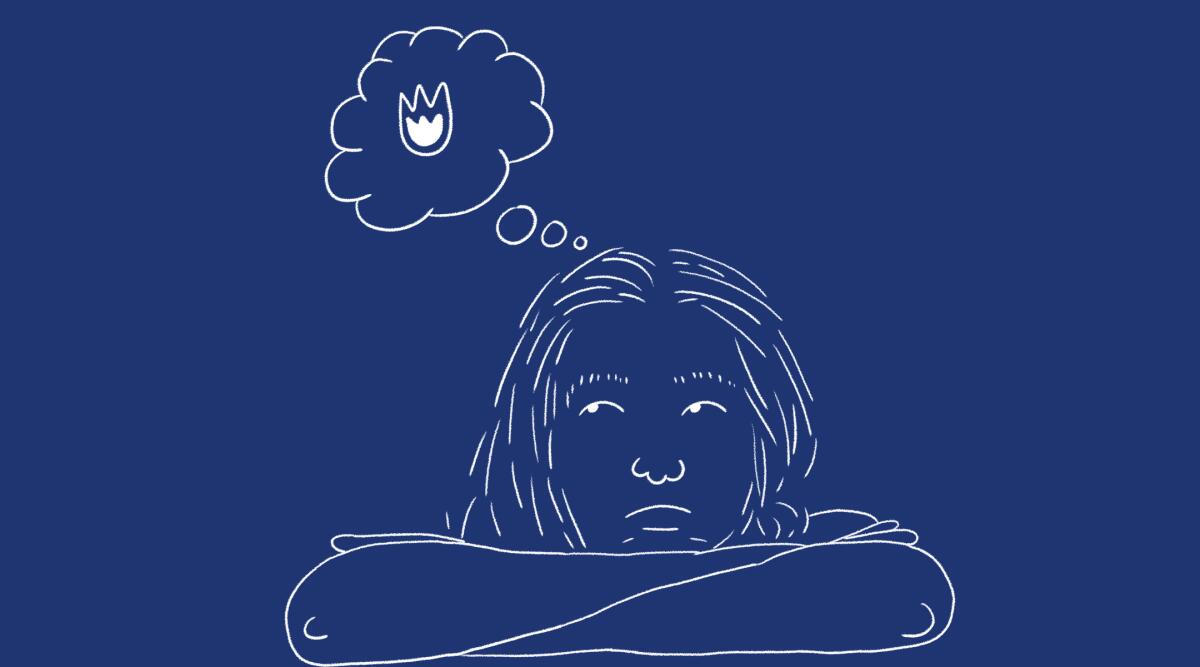
2. Stop predicting the worst. Catch yourself when you start simulating negative and worst-case scenarios. Identify the false belief behind the catastrophic thought. How useful is it? The key to managing stress is to not let your ancient brain and its irrational emotions take charge. Focus instead on problem-solving, not emotion-based reactions. Whatâs the goal? Whatâs my first step? Whatâs the second?
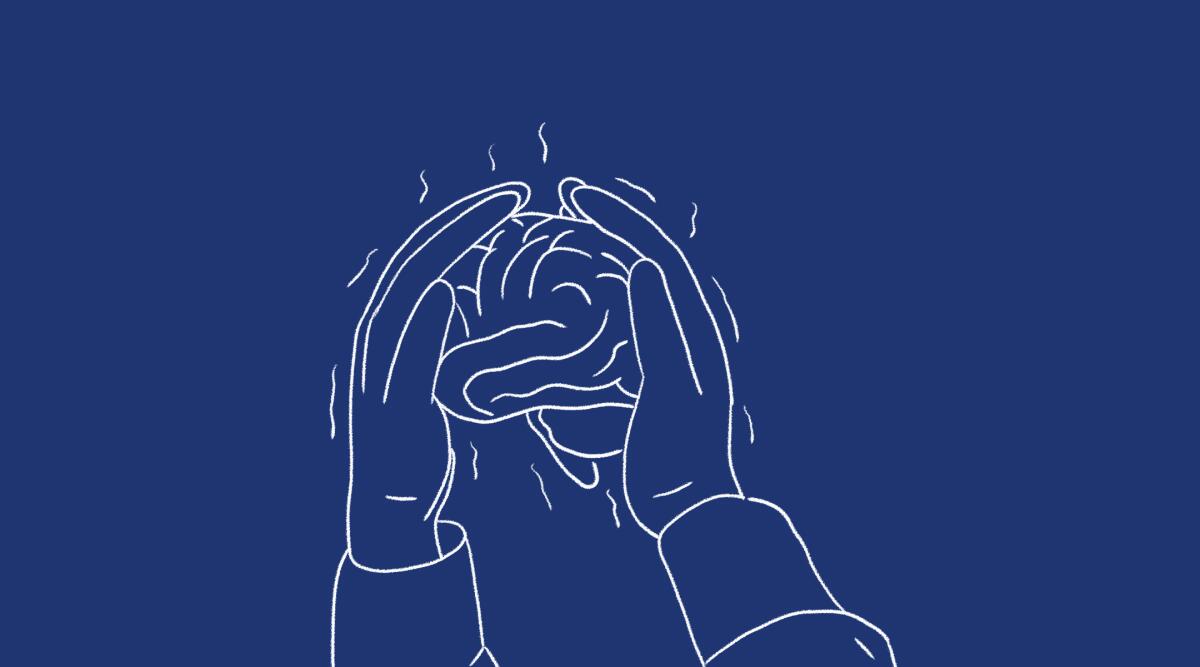
3. Still your mind. If you want to be able to manage uncertainty, you have to manage your mind. An unmanaged brain will do what it is set up to do, live-stream worries nonstop, especially in a time of high anxiety. Luckily, you can counter that habit and âstill the mind,â as Alan Watts put it in his classic book âStill the Mind: An Introduction to Meditation.â Research shows that meditation does two things that crush your stress: It tamps down the self-referential part of the brain that kicks up all the anxious survival simulations, and increases your attention on the here and now.
Try breath meditation or a repeated phrase in your brain (the relaxation response) for 15 minutes a couple of times a day. If youâre at home climbing the walls, go online to research mindfulness practice and the relaxation response. Take a class, watch a YouTube video and get started on this simple routine that can change your mind and life.

4. Reframe self-talk. We all have a style of self-talk that explains why bad things happen to us. Pessimists take negative events as permanent and personal, locking thoughts into a bunker that reinforces gloom. Optimists see setbacks as temporary and non-personal. This allows us to bounce back and build resilience. And you donât have to be an optimist to think like one. Think about changing thoughts about the pandemic from something permanent to something temporary and survivable, without diminishing that these times are tough, or even incredibly sad or tragic.
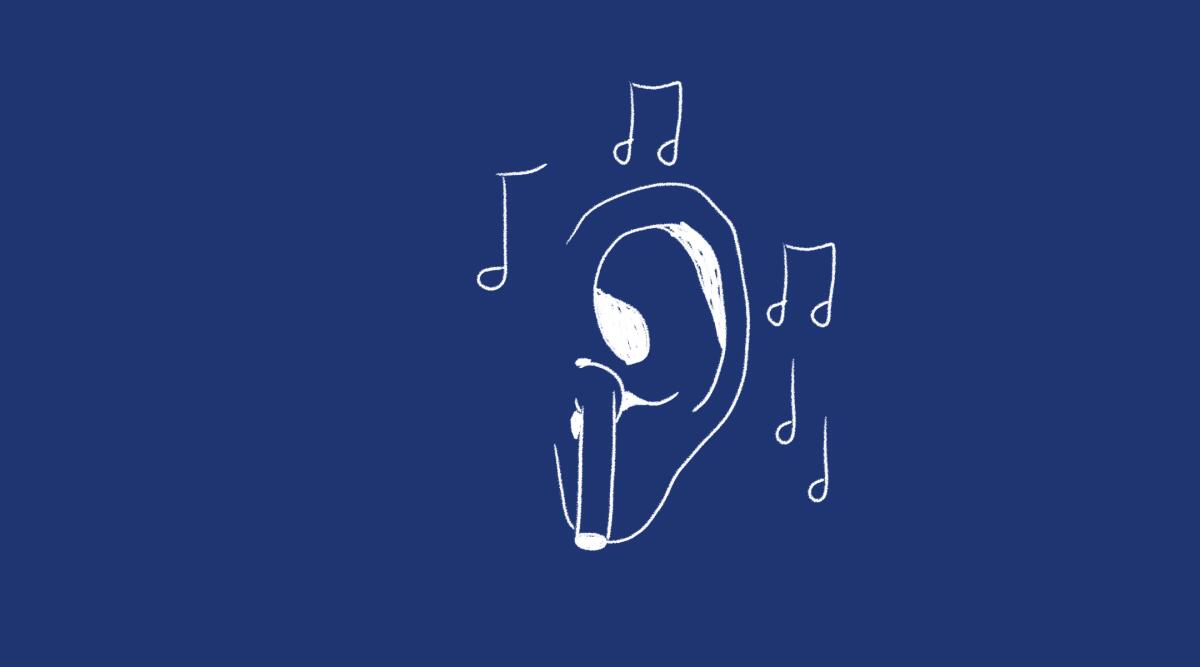
5. Shift your mood. Stress and challenging times fuel negative affect and low mood. These make uncertainty look even grimmer. Moods are ephemeral and can change on demand. Be aware of your mood and stress level, which gives you a chance to catch yourself and change. We donât want to deny the negative; itâs part of life. For our mental health, we donât want to dwell there. Take a break from COVID-19 news and shift your attention to things that revive positive emotions, from hobbies to enthusiasms to connecting (at a distance and safely) with friends and family. For some, music can be a healthy mood shifter. Cue up tunes that make you feel good and rev up fun, strength, joy or hope. Play your favorite artists. Discover new ones on Spotify, Pandora, YouTube or Amazon.

6. Be grateful. Psychology professor Barbara Fredrickson at the University of North Carolina at Chapel Hill has shown the world how powerful positive emotions are: They make us resilient and buffer setbacks. She found that we need three positive to every one negative event to stay on the positive side. What can you do to make that ratio happen? Start with gratitude. Think for a minute about something you havenât been giving enough attention to that you should be grateful for, such as your health, your home, your friends and family. By doing this, physical symptoms of stress will reverse themselves on the spot. Fredrickson calls it the Undo Effect, and it works.
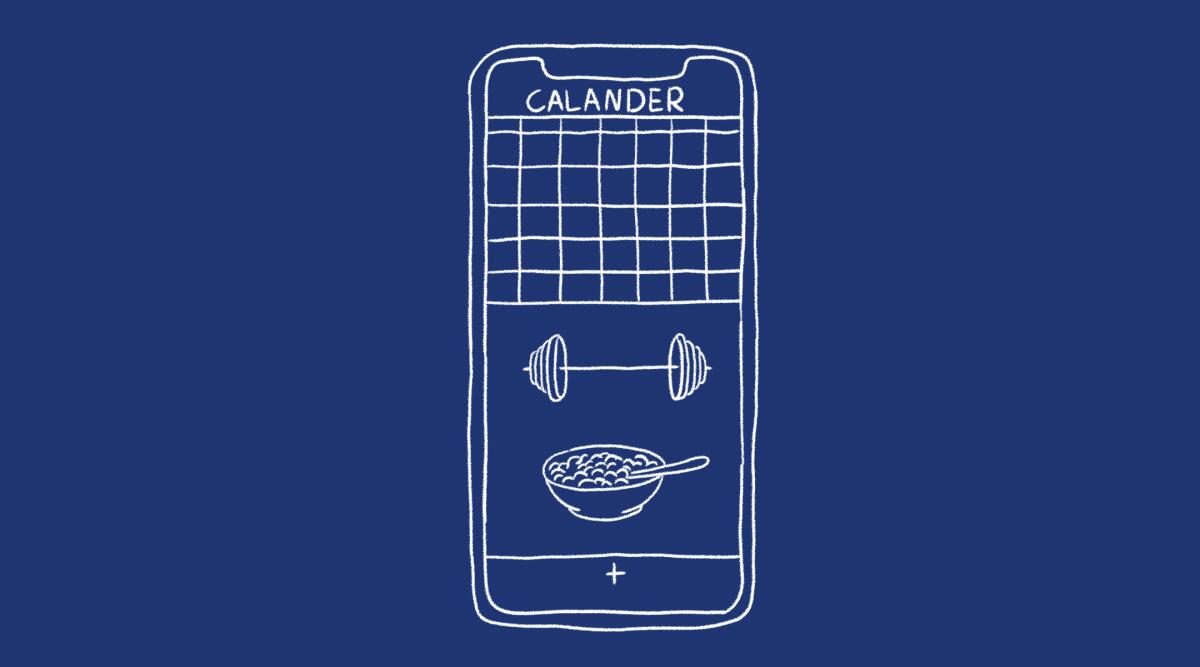
7. Create new routines. One key to managing stress is perceived control. We donât have much of that right now. The pandemic has removed the structures that made the world controllable. We can help restore a semblance of control by creating new routines. Things you can do: Set a regular time for exercise. Go for a walk or do yoga or a fat-burning routine in an online class. Make your trip to the market at the same time each week, finding a time when you feel safest with fewer people around. Find something you can learn by taking an online class or a live lesson from a virtual instructor. Learning a new skill builds competence, one of human beingsâ core needs, and the most effective way to reduce stress, by increasing positive mood and mastery. Try to sleep on a regular schedule, seven to nine hours a night. Give yourself goals around the house that help increase autonomy, another core need.
We are facing the challenge of the pandemic because we are the adaptable species. We donât break; we bend. We may feel fear, but we use our creativity and resilience to act despite it.
Joe Robinson is a stress management speaker, employee trainer and coach at his company
worktolive.info/stress-management. He has taught stress management skills to employees at Nestle, IBM, Pfizer, Kaiser Permanente, New York City Public Health, the Reserve Bank of India, and the Oregon Chiefs of Police Assn., among others. He is the author of âWork to Live,â a guide to avoiding defaults to stress and burnout, and âDonât Miss Your Life,â on the science of life engagement.
Weâre listening, L.A.: Tell us what you want to know about the most pressing questions you have at this time â how to find a job, the best ways to manage your finances, and whether itâs safe to send your kids back to school or off to college â and weâll find the best experts to answer your questions.
More to Read
Sign up for The Wild
Weâll help you find the best places to hike, bike and run, as well as the perfect silent spots for meditation and yoga.
You may occasionally receive promotional content from the Los Angeles Times.
